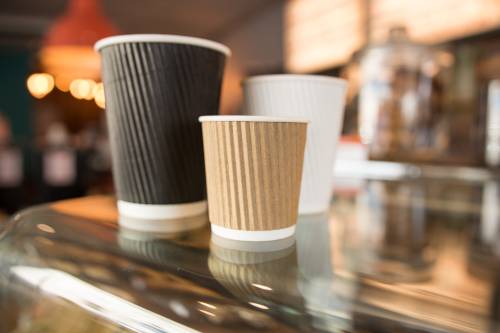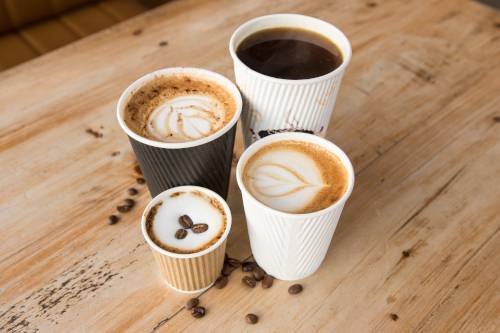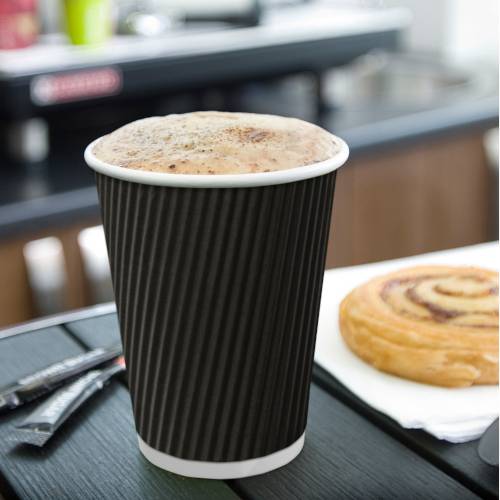Sustainable Coffee-to-Go Cups: Eco-Friendly Innovations
As the demand for coffee-to-go continues to rise, the environmental repercussions of Disposable Cup usage have become a pressing concern. However, a silver lining emerges through the adoption of eco-friendly materials in manufacturing coffee-to-go cups.
In this blog post, we look into sustainable alternatives such as biodegradable plastics, PLA (Polylactic Acid), and compostable materials, shedding light on their benefits and the vital role they play in reducing the environmental footprint.
1. Biodegradable Plastics: Biodegradable plastics offer a promising alternative to traditional non-biodegradable materials. Made from renewable resources like cornstarch or sugarcane, these plastics break down naturally over time, reducing the long-term environmental impact. The benefit lies in their ability to decompose into harmless by-products, addressing the issue of persistent plastic waste.
2. PLA (Polylactic Acid): PLA, a bio-based and compostable material, has gained prominence in the search for sustainable coffee-to-go cups. Made from fermented plant sugars, typically cornstarch, PLA cups decompose in industrial composting facilities, leaving behind nutrient-rich compost. This not only reduces the burden on landfills but also supports the circular economy by returning valuable nutrients to the soil.
3. Compostable Materials: Compostable materials, often plant-based, present a holistic solution for making disposable cups. These materials encompass a range of options, including Bagasse, bamboo fibres, and even moulded pulp from recycled paper. Compostable coffee-to-go cups offer the advantage of breaking down into organic matter, creating nutrient-rich compost that can be used to enrich soil and support plant growth.

Benefits of Eco-Friendly Alternatives:
- Reduced Environmental Impact: The use of biodegradable plastics, PLA, and compostable materials significantly reduces the environmental footprint associated with coffee-to-go cups. This shift supports a circular economy by minimising waste and promoting responsible resource use.
- Renewable Resource Utilisation: Many eco-friendly materials are derived from renewable resources, contributing to the reduction of reliance on finite fossil fuels and mitigating environmental degradation associated with resource extraction.
- Biodegradability and Compostability: The ability of these materials to biodegrade or compost ensures that, at the end of their lifecycle, they return to the environment in a way that is environmentally beneficial, reducing the burden on landfills.
- Consumer Appeal: With a growing eco-conscious consumer base, businesses adopting these materials signal a commitment to sustainability. This gives a positive impression with consumers who increasingly seek environmentally responsible choices.
Contribution to Reducing the Environmental Footprint: The adoption of biodegradable plastics, PLA, and compostable materials in sustainable coffee-to-go cups represents a meaningful step toward reducing the environmental footprint of the coffee industry. By embracing these alternatives, businesses contribute to a more sustainable and responsible coffee culture, aligning with global efforts to address the challenges of disposable cup waste.
In conclusion, the journey towards eco-friendly coffee-to-go cups involves a strategic shift in material choices. By exploring and adopting biodegradable plastics, PLA, and compostable materials, the coffee industry can play a pivotal role in crafting a future where the convenience of on-the-go coffee harmonises with environmental stewardship. It’s not just about the cup; it’s about the impact we choose to make with every brew.



